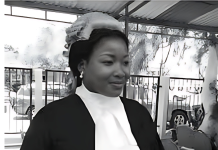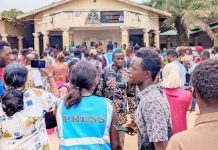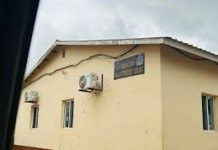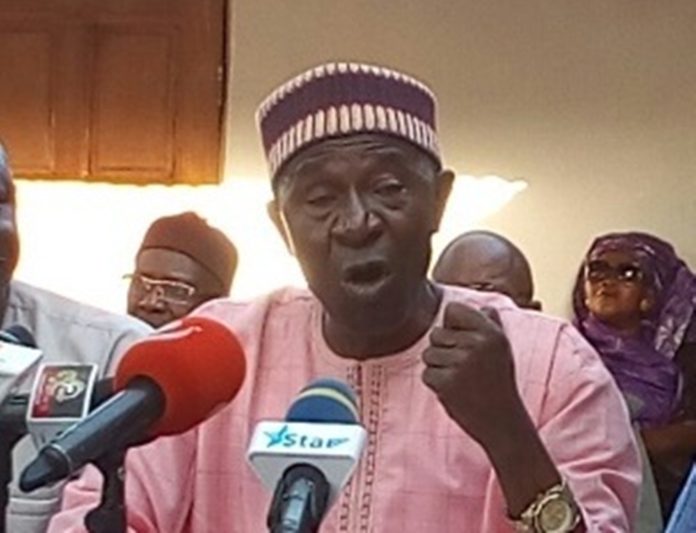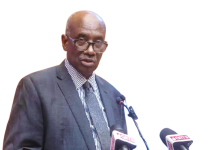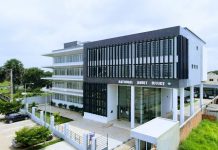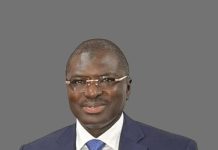By Kebba AF Touray
The Alliance for Patriotic Reorientation and Construction (APRC), the political party once led by exiled former president Yahya A.J.J. Jammeh, has called for an immediate, impartial, and transparent investigation into the sale of Jammeh’s assets, warning that public trust in the government’s accountability efforts is eroding.
In a strongly worded press release issued on Saturday, the party’s National Executive Committee, led by Speaker of the National Assembly and APRC leader Fabakary Tombong Jatta, aligned itself with growing public calls for clarity surrounding the government’s management of Jammeh’s seized properties. The statement expressed “full solidarity with the people of The Gambia in their just demand for total transparency and accountability” regarding the handling of the former leader’s assets.
The demand comes just days after the Office of the Sheriff Division disclosed that more than D57 million was raised from the court-sanctioned sale of Jammeh’s cattle, vehicles, and agricultural equipment — assets confiscated under a 2018 court order following findings of financial mismanagement by the Janneh Commission.
However, the APRC expressed serious concern over preliminary findings that suggest some of the assets may have been sold at undervalued prices to politically connected individuals. “These developments are deeply troubling,” the party said, warning that mismanagement of the asset recovery process could amount to “substituting one form of misappropriation with another — this time wrapped in selective retribution and concealed transactions.”
The party also criticized the Ministry of Justice for its continued failure to publish detailed records of how Jammeh’s assets have been recovered, managed, and disposed of. “The refusal to provide the Gambian people with this information is even more troubling,” the statement read, noting that secrecy undermines public confidence in the government’s pledge to uphold justice.
Beyond the sale of physical assets, the APRC also took aim at the reparations process administered following the Truth, Reconciliation and Reparations Commission (TRRC). The party alleged that millions of dalasi were distributed to victims through the Victims’ Center before the TRRC had concluded its work — and that the identities of the recipients and amounts disbursed remain hidden from public scrutiny. Repeated requests by the APRC for the publication of this information, it claimed, have been ignored.
“The pursuit of justice and accountability in the assets of former President Jammeh is no longer a partisan issue — it is a national concern,” the statement emphasized. “Failure to act risks deepening national mistrust and eroding public confidence in the government’s ability to ensure justice.”
The APRC’s position adds a politically charged layer to an already contentious debate over the fate of Jammeh’s wealth, much of which was amassed during his 22-year rule through what the Janneh Commission described as systematic looting of state resources. Though the commission’s recommendations were accepted by the Barrow administration in 2021, implementation has been piecemeal, and asset recovery efforts have frequently been shrouded in opacity.
With public frustration growing and the transitional justice process still unfolding, the APRC’s intervention signals that Jammeh-era legacies — and the questions of accountability they provoke — continue to cast long and divisive shadows over Gambian politics.








